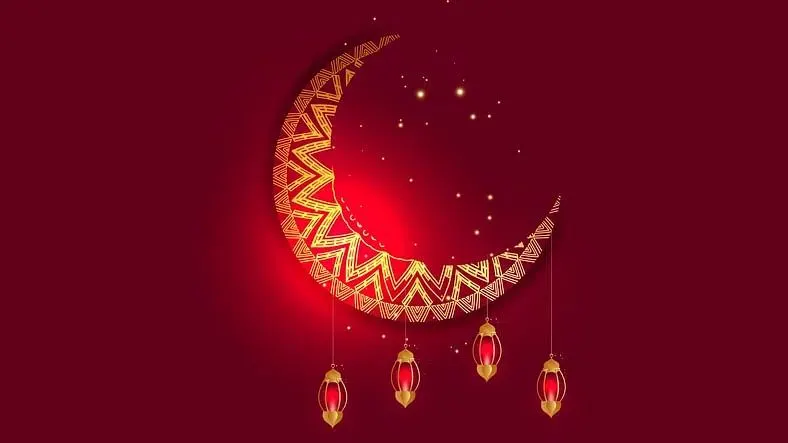
Ramadan is a month of spiritual cleansing and purification for Muslims. The last Ashra of Ramadan holds even more significance for Muslims all around the world. Muslims seek salvation before the month comes to an end.

Of the major three Ashras of Ramadan, it is the third one that is valued greatly among Muslims. There are a lot of reasons, why it is valued more. One of the major reasons is it is the last Ashra and with it, Ramadan ends, so Muslims try to make the most out of it.
The last ten days of Ramadan require greater devotion and dedication to making the most out of it. Muslims do Itikaf in these last 10 days to follow the Sunnah of their Prophet (PBUH). It is not compulsory for every Muslim to do Itikaf as it is a Sunnah. It is the renowned Sunnah of Prophet Muhammad (PBUH), which is most popular among Muslims. Prophet Muhammad (PBUH) used to live in seclusion and avoid worldly interaction till the last night of Ramadan.
The daughter of the first Caliph of Islam and the wife of Prophet Muhammad (PBUH), Hazrat Ayesha (RA) narrates, “Prophet Muhammad (PBUH) used to perform Itikaf in the last ten days of Ramadan until Allah the Mighty & Majestic took Him.” (Bukhari)
Recitation of Holy Quran and Laylatul Qadr
Besides the conventional reading of the Quran from the start to its end, Muslims also search for different hadiths of the Prophet Muhammad (PBUH). Prophet Muhammad said in one of his Hadiths, “Whoever recited Surah Zilzilah would get the reward of reciting half the Quran. Whoever recited Surah al Kaafirun would get the reward as if reading a quarter of the Quran. Whoever recited Surah al Ikhlas would get a reward as if reading one-third of the Quran.” (Tirmidhi)
Also See: Qur’anic Predictions: River Euphrates and Mountain of Gold
In Quran, Allah says, “By the manifest Book (the Quran) that makes thing clear. We sent it (this Quran) down on a Blessed Night (i.e. the Night of Qadr)….” (44:2-4).
The Blessed night refers to the Night of Qadr and it is one of the highly cherished nights in the Islamic calendar. Night of Qadr is among the odd nights of last ten days of Ramadan. Therefore, every Muslim in addition to praying excessively in all the last ten days prays more on the odd nights in the last Ashra of Ramadan.
Prophet (PBUH) said in a hadith, “Whoever stands (in Qiyaam) in Laylat ul-Qadr out of faith and expectation (of Allah’s reward), will have All of his previous sins forgiven.” (Bukhari)
